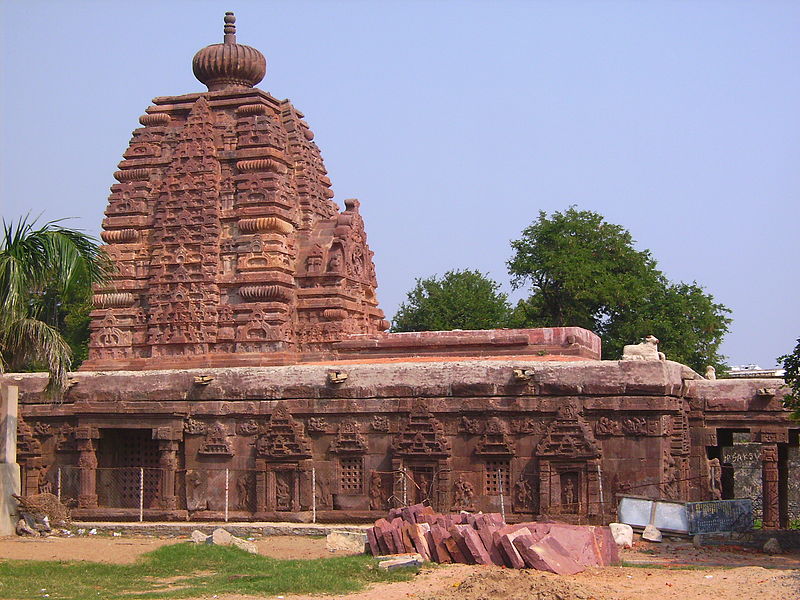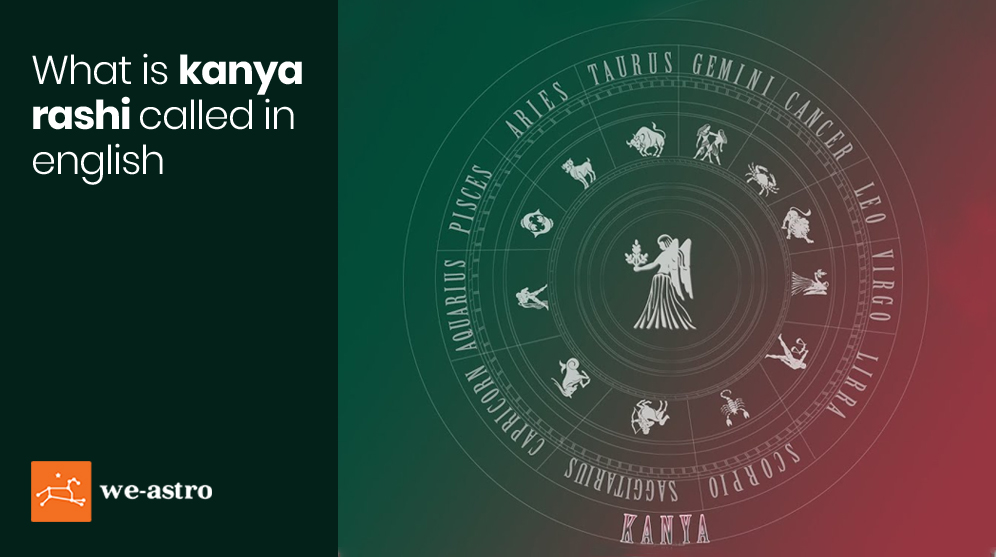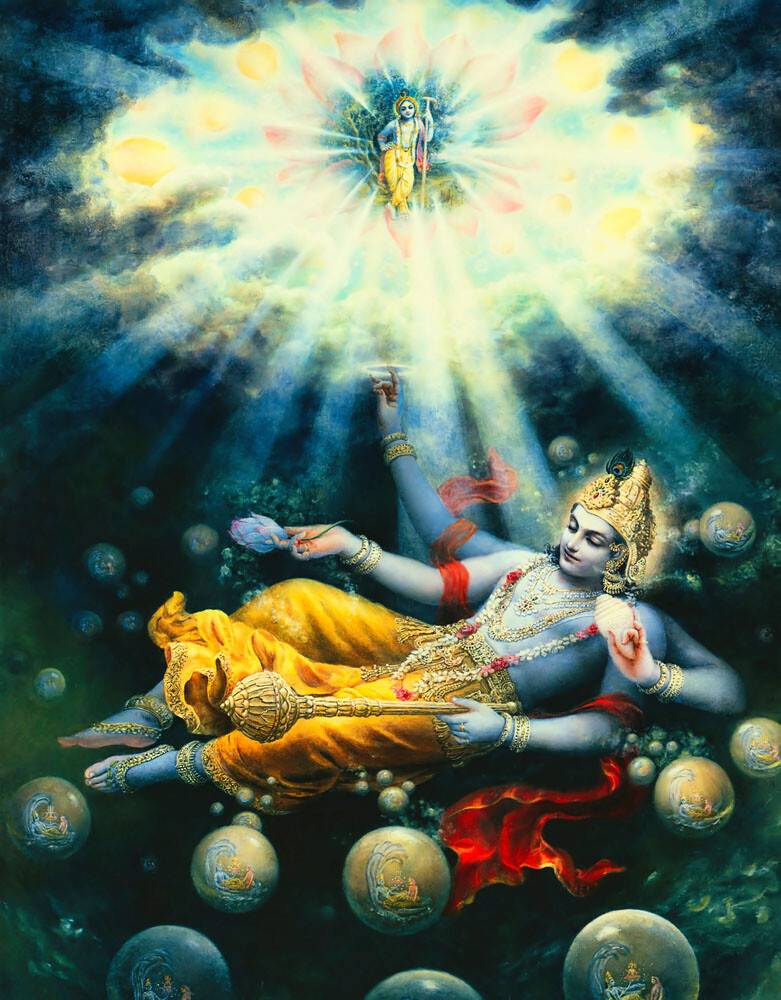"Discovering Tamil Nadu's Hindu Heritage: Exploring Ancient Temples, Traditions, and Timeless Wisdom"
Discover the rich Tamil Hindu culture, exploring its ancient temples, diverse traditions, sacred texts, and vibrant festivals unique to the Tamil community.

Tamil Hinduism, a unique and vibrant variant of the broader Hindu tradition, holds a significant place within the beautiful tapestry of Indian spirituality. Rooted in the ancient Dravidian culture, Tamil Hinduism has evolved over the centuries, integrating diverse waves of cultural, linguistic, and religious influences. The result is an extraordinarily rich and complex religious tradition that encompasses an array of rituals, practices, beliefs, and sacred literature.
The Tamil-speaking region, known today as Tamil Nadu, has been a cradle of Hinduism since prehistoric times. The earliest known Tamil literature, the Sangam works, dating back to the 3rd century BCE, reveal a sophisticated religious culture with a pantheon of gods, heroes, saints, and sages. Through the ages, Tamil Hinduism absorbed the philosophical and religious ideas of the various schools of Hinduism, such as Shaivism, Vaishnavism, and Shaktism, as well as the indigenous folk traditions.
Shaivism, the worship of Lord Shiva, has a prominent place in Tamil Hinduism. This is evident from the prevalence of grand temples dedicated to Shiva, and the extensive body of devotional literature composed by the Nayanars, the Tamil Shaivite saints. The Thirumurai, a twelve-volume compendium of hymns, stands as a testament to the deep and abiding love for Shiva among Tamil Hindus. Similarly, Vaishnavism, the worship of Lord Vishnu, has a strong presence in the Tamil spiritual landscape, with the Divya Prabandham, a collection of 4000 Tamil hymns composed by the Azhwars, the Tamil Vaishnavite saints, occupying a central place in the religious life of the community.
The popular worship of the mother goddess, Amman, is another distinctive aspect of Tamil Hinduism. Amman is considered the embodiment of the divine feminine power, or Shakti, and is venerated in countless forms across the region. The cult of the village deity, or Kaval Deivam, representing the guardian spirits of the community, adds yet another layer of complexity to the religious practice of Tamil Hindus, reflecting the synthesis of indigenous folk traditions with the broader Hindu pantheon.
In conclusion, Tamil Hinduism is a fascinating and multifaceted expression of the broader Hindu tradition, enriched by the profound cultural and religious heritage of the Tamil people. It is a living testimony to the spiritual syncretism that lies at the heart of Indian civilization, offering infinite pathways for seekers to explore and experience the divine mysteries of existence.




